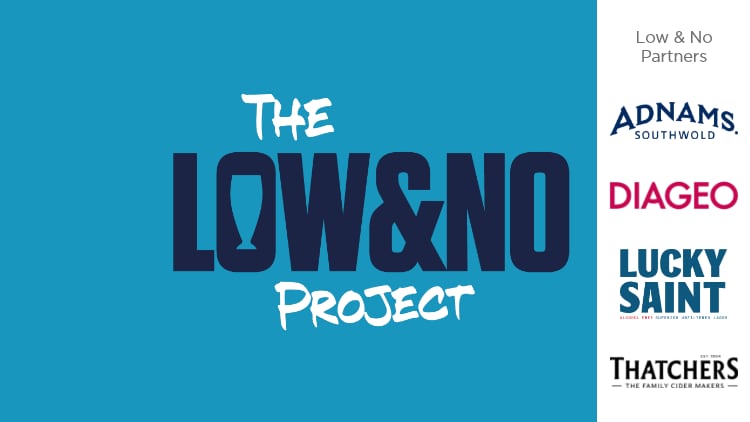EPR fees came into effect from 1 April this year, shifting the full cost of managing packaging waste from local authorities to producers, with fees based on the type and weight of packaging materials used.
Under the new rules, glass packaging sold within pubs is classified as household waste, despite already being recycled under commercial waste arrangements.
The levy, paid by businesses, is passed to local authorities to cover costs of collecting, managing, recycling and disposing of household packaging waste.
St Austell brewing director Georgina Young told The Morning Advertiser (The MA) packaging is one of the biggest issue currently faced by the brewing sector, adding the Government needs to rethink the plans and ensure responsibility is evenly distributed between hospitality and retail firms.
“We don’t have anyone to pass [rising costs] on to other than the direct consumer in the pub or the supermarket; the middleman, the retailer, need to absorb some of these cost pressures. The Government therefore needs to set rates as low as possible.
Not compromising quality
“I’m not an expert, but we are now having to fund the recycling of glass bottles and cans for local authorities whereas before, retailers would pick up a bit and the producer would pick up a bit, now we, as the producer, is having to pick up all of it.
“So, there is a need to pass some of this on to the retailers; none of us will survive if we are having to pick it all up,” she said.
Uncertainty around business rates is also keeping business leaders “on their toes” at the moment, the brewing director added.
Dealing with legislative changes and cost pressures also means brewers are being force to spend more time on administration, Young continued: “A lot of time is spent looking at [costs] whereas I’d like to just be looking at my hop requirements but I seem to be spending a lot more time looking at the weight of my cardboard.
“Luckily, we don’t use plastic in our packaging but we’re spending a lot of time talking with suppliers, looking at how we can change our cardboard specs or can we lightweight our bottles or can we change the lining of the can without compromising quality.”
While the scheme aims to hold producers responsible financially and/or operationally for their recycling responsibilities, trade body UKHospitality (UKH) previously estimated it could mean firms have to pay twice for recycling, costing the sector millions and individual pubs around £2,000 a year.
Feeling buoyant
The British Beer & Pub Association (BBPA) has also previously criticised the legislation, warning the cost hikes associated with EPR was equivalent to the loss of 5,000 jobs.
Despite ongoing economic headwinds, the beer expert remained positive about current trading conditions at St Austell. However, she urged tourism would be key to boosting sales this summer, particular when it comes to cask beer.
Young said: “We’ve got a good number of bookings in our pubs with rooms, the new seasonal menus have been launched and the seasonal beers are out, everyone is feeling quite buoyant, what we need is more tourists.
“Cask beer is an experience that you only get in a British pub, so at [St Austell] we are optimistic and doing lots to encourage people into the pubs.
“Pubs and beer, especially cask beer, is what this country is famous for, it is why people come to England.
“We’ve just got to get the message out and remind people that it is part of our DNA here in the UK; we mustn’t give up on it and need to keep beating the drum to make sure we have lots of visitors to this country that all love the pub experience.”
- Read The MA’s Big Interview with Georgina Young here





